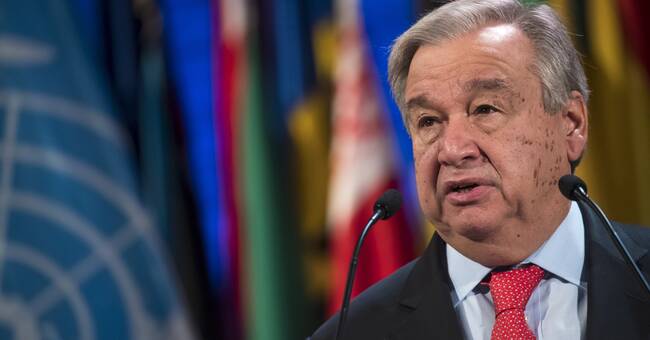The Convention prohibits, among other things, the development, storage, possession and use of nuclear weapons and is, according to UN Secretary-General António Guterres, the culmination of "a worldwide movement that draws attention to the catastrophic humanitarian consequences of all use of nuclear weapons".
"It represents a meaningful commitment to the total elimination of nuclear weapons, which is still the UN's highest disarmament priority," he said.
"A victory for humanity"
The nuclear nations have not signed, but despite this, many hope that the convention will have a stigmatizing effect and eventually lead to change.
- A victory for humanity, and a promise of a more secure future, says Peter Maurer, chairman of the International Committee of the Red Cross.
The convention was adopted by the UN General Assembly in July 2017 after 122 countries said yes.
84 states have since signed it, but not all have ratified the text.
Sweden voted yes to the convention, but after an investigation, the government decided not to sign it because the content was "unclear" and "must be developed".

